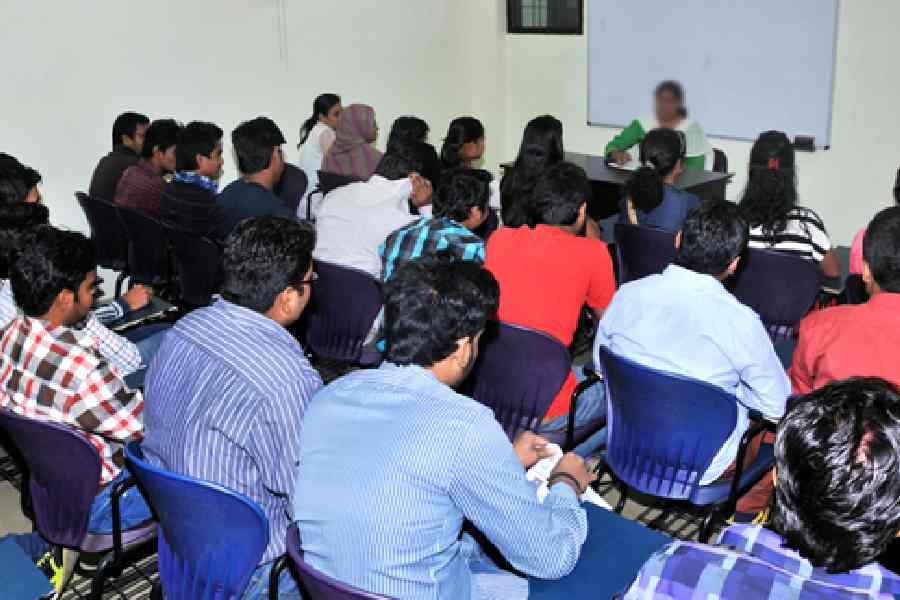Consumer protection regulator CCPA on Tuesday said it is ready with draft guidelines specifying "dos and don'ts" to prevent coaching institutes from making "false claims" in advertisements regarding success rates of candidates.
The draft guidelines will be approved and issued soon, Central Consumer Protection Authority (CCPA) Chief Commissioner and Consumer Affairs Secretary Rohit Kumar Singh told PTI.
Singh, who headed the committee that prepared the draft guidelines, said several meetings were held for drafting the guidelines and the recent one was on January 8.
Asserting that protection of consumer's interest is a paramount concern for CCPA, Singh highlighted the need for clarity, specifically in addressing certain aspects related to advertisements with respect to coaching centres.
"The committee observed that there is an urgent need to issue the guidelines and the draft as discussed in the (January 8) meeting should be issued at the earliest," the CCPA said in a statement.
According to the CCPA, the proposed guidelines will be applicable to all the coaching institutes, whether online or physical, and will cover all forms of advertisement regardless of form, format or medium.
The draft guidelines prescribe conditions when an advertisement by a coaching institute will be construed to be a misleading advertisement under the Consumer Protection Act 2019 which inter-alia include concealing information related to the course opted by the successful candidates (whether free or paid) and duration of course, among others.
As per the proposed guidelines, coaching institutes should not make false claims regarding success rates or number of selections and any other practices that may lead to consumer misunderstanding or subvert consumer autonomy and choice.
Before coming up with advertisements, coaching institutes are required to follow "dos and don'ts".
For instance, coaching institute should mention requisite information along with the photo of a successful candidate.
Details such as rank, type and duration of course and whether free or paid course need to be mentioned along with the photo of a successful candidate, according to the statement.
Further, coaching institutes should not make claims such as '100 per cent selection' or '100 per cent job guaranteed' or 'guaranteed preliminary or mains'.
The font of disclaimer/disclosure/important information in the advertisement should be the same as that used in the claim/advertisement. The placement of such information should be at a prominent and visible place in the advertisement.
The CCPA also clarified that the penalty for misleading advertisement by coaching sector will be governed as per Consumer Protection Act, 2019 and the guidelines are just in the nature of clarification to the stakeholders.
Further, the CCPA said it had taken sou moto action against misleading advertisements by coaching institutes.
In this regard, CCPA has issued notices to 31 coaching institutes for misleading advertisements and imposed fines on nine of them.
The CCPA has observed that some of the coaching institutes mislead consumers by deliberately concealing important information with respect to course opted by successful candidates, duration of the course so attended and the fees paid by the candidates.
Except for the headline, this story has not been edited by The Telegraph Online staff and has been published from a syndicated feed.











